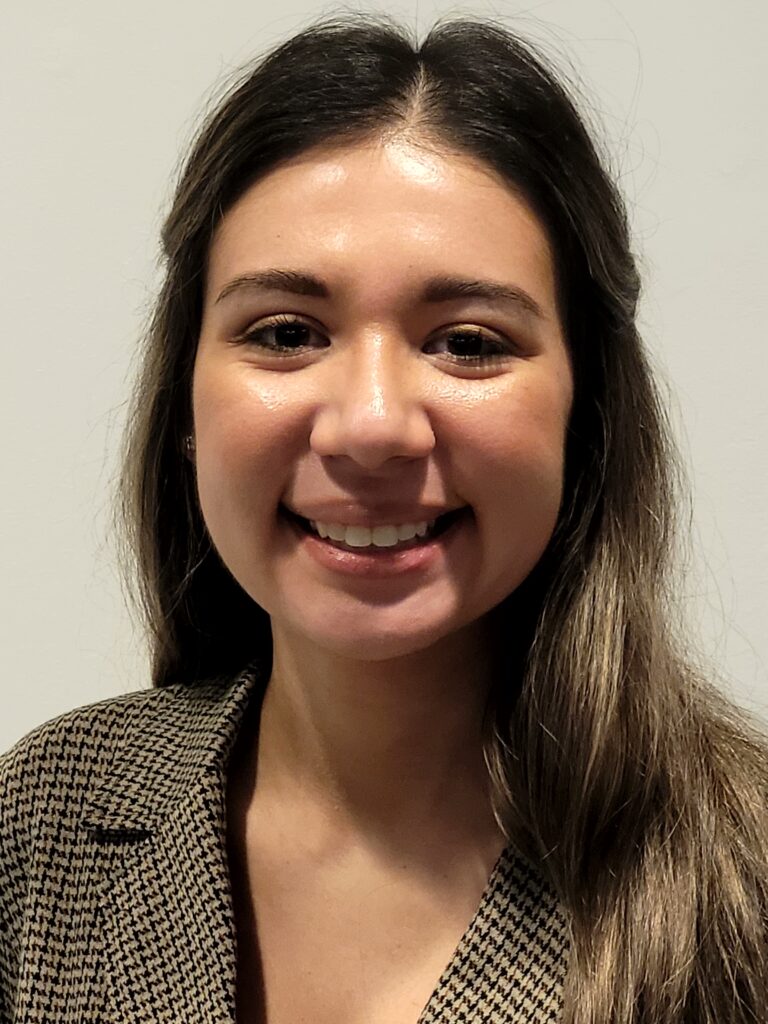District of Columbia: Community Health Manager

I am Andrea Miranda, Community Health Outreach Manager at MedStar Washington Hospital Center. I lead our Community Health initiatives and programs and address the Social Determinants of Health (SDOH) needs our community faces every day.
Transportation is a common barrier our patients face on a daily basis. Our patients rely on various modes of transit to get to their doctors appointments, surgeries, follow ups, screenings as well as community clinics, grocery stores, and recreation centers. Barriers to transportation directly Impact the health outcomes of the community. Our team of Community Health Advocates work with these high need patients to address their social barriers every day and have shared the qualms of the community.
Many patients especially the elderly, must have reliable transportation options available to them. This population is at higher risk of falls, chronic disease and therefore the access to care is pertinent. Our team was working with a patient who was in her 80s who had multiple health issues and was having difficulty getting to and from appointments. Our team was able to set up a ride and helped her apply for Metro access to get to her healthcare appointments, but she still found difficulty getting around to the pharmacy to pick up prescriptions or even going to the grocery store which for her, was not a short distance away. This patient’s experience shows that it is also important to note other factors that can directly influence health, such as access to food and community safety.
Every three years, MedStar Washington Hospital Center conducts a Community Health Needs Assessment (CHNA) where we gather input regarding important health and social concerns that affect those living in the communities served by the hospital. This information is an essential part of the planning and execution of programming the hospital will provide over the next three years to support the most vulnerable DC residents.
Transportation has been identified through MWHC’s two most recent CHNAs as one of the top five reasons that people in our community do not receive healthcare when they need it. Additional key health problems affecting community members include High Blood Pressure, Diabetes, and Chronic Pain. These health issues require routine medical appointments to improve health outcomes. Concerns were raised related to neighborhood safety and community violence in the District. In our discussions, community members reported not feeling safe enough in their neighborhood to walk to the nearest bus or metro stop. It is important to include all these factors that influence physical, social and emotional wellbeing when discussing transit equity.
While the hospital has programs that help alleviate these burdens, more needs to be done in transit equity. Wards 7 and 8 have historically been areas in the District with the least amount of resources. Those community members deserve to have the same number of grocery stores, bus stops, transportation options as all other wards. Therefore, it is imperative as leaders in the community to hear from the people themselves the challenges they are facing, the concerns they have, and coming up with solutions that in the long run will lead to better quality of life and health outcomes.
